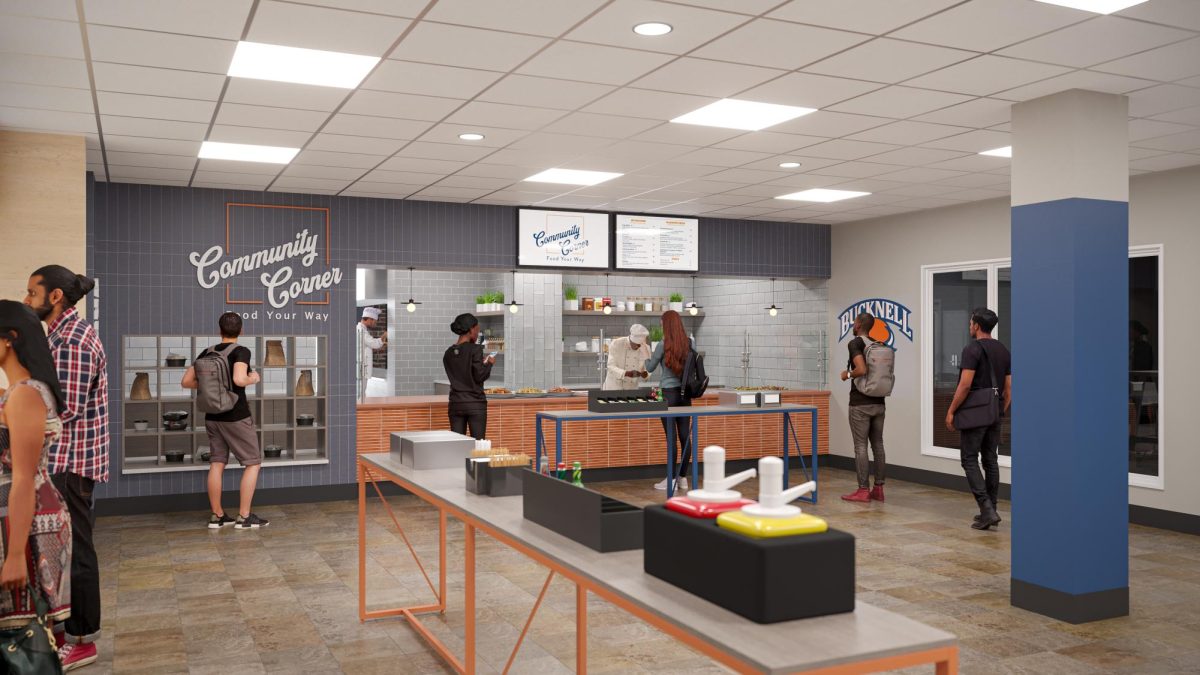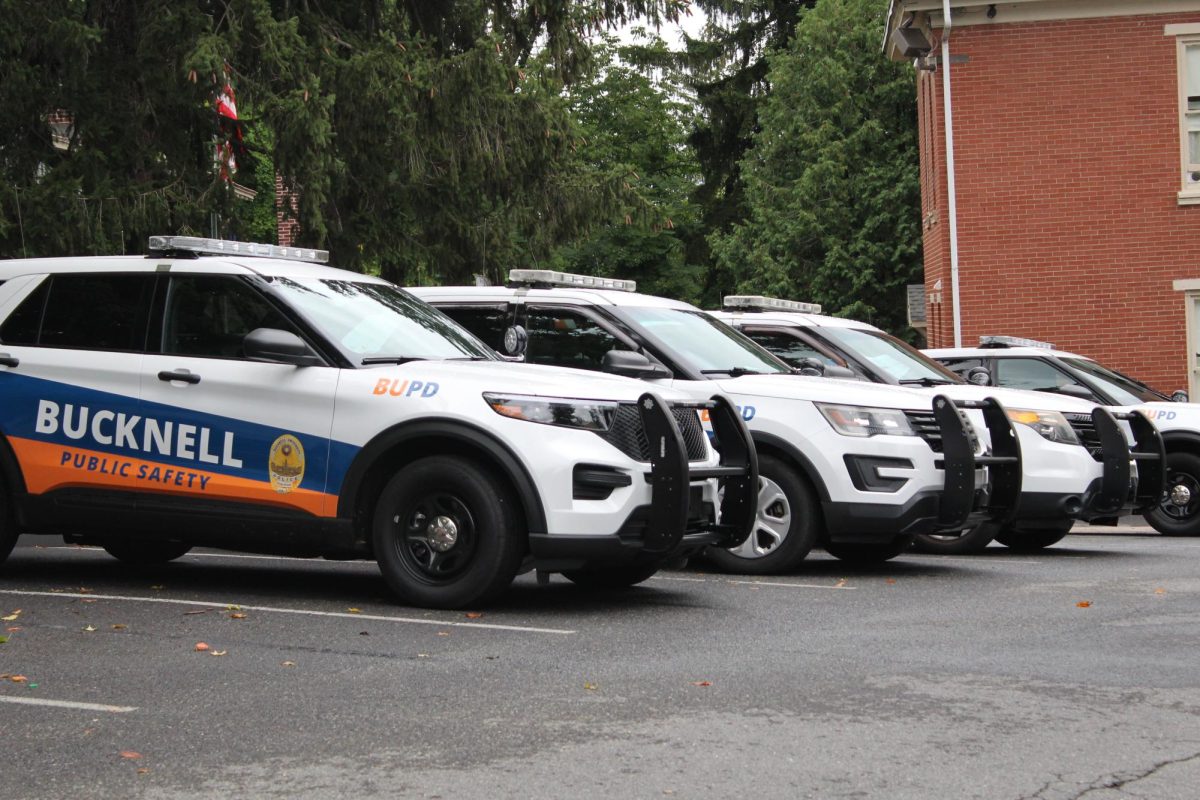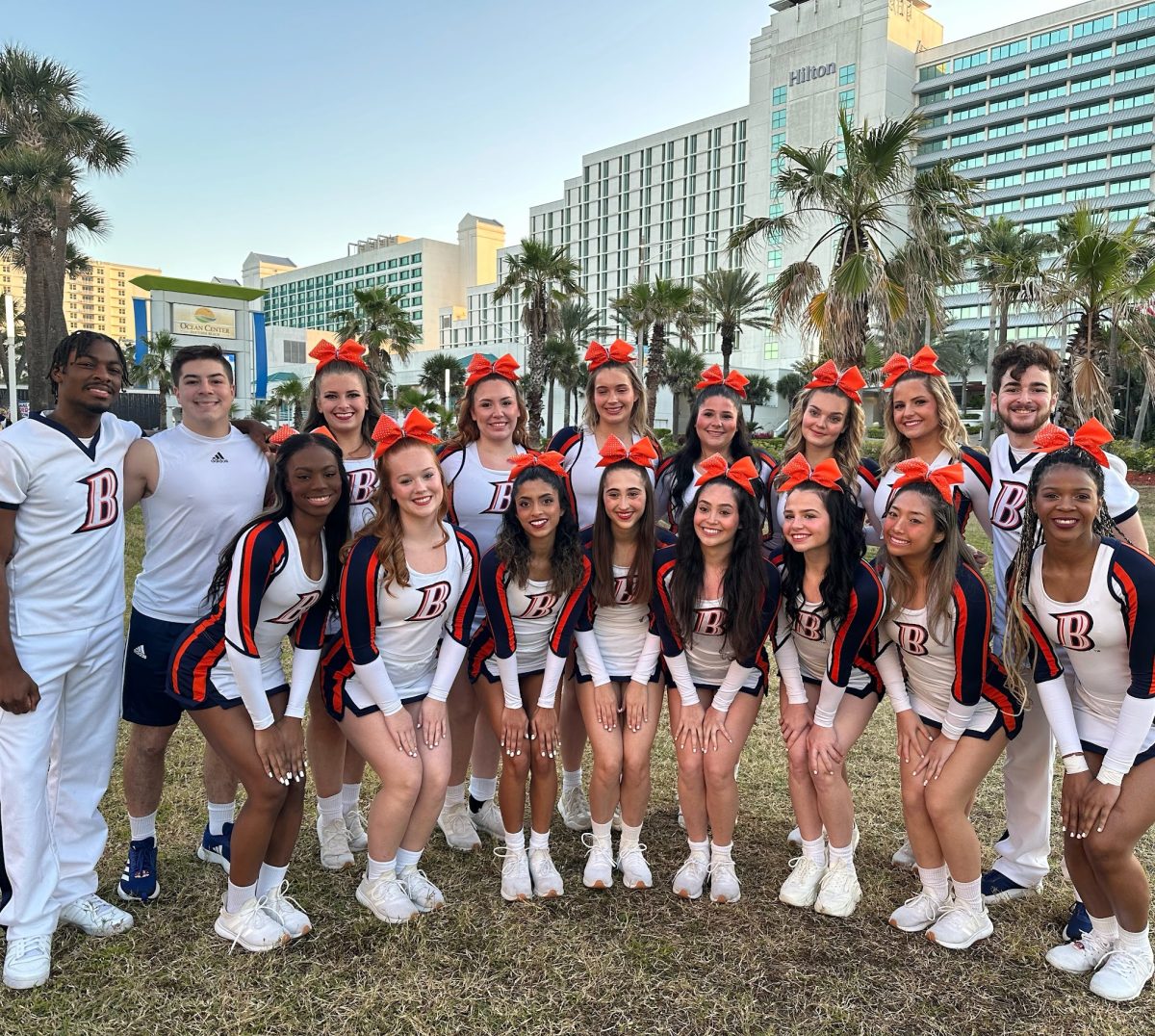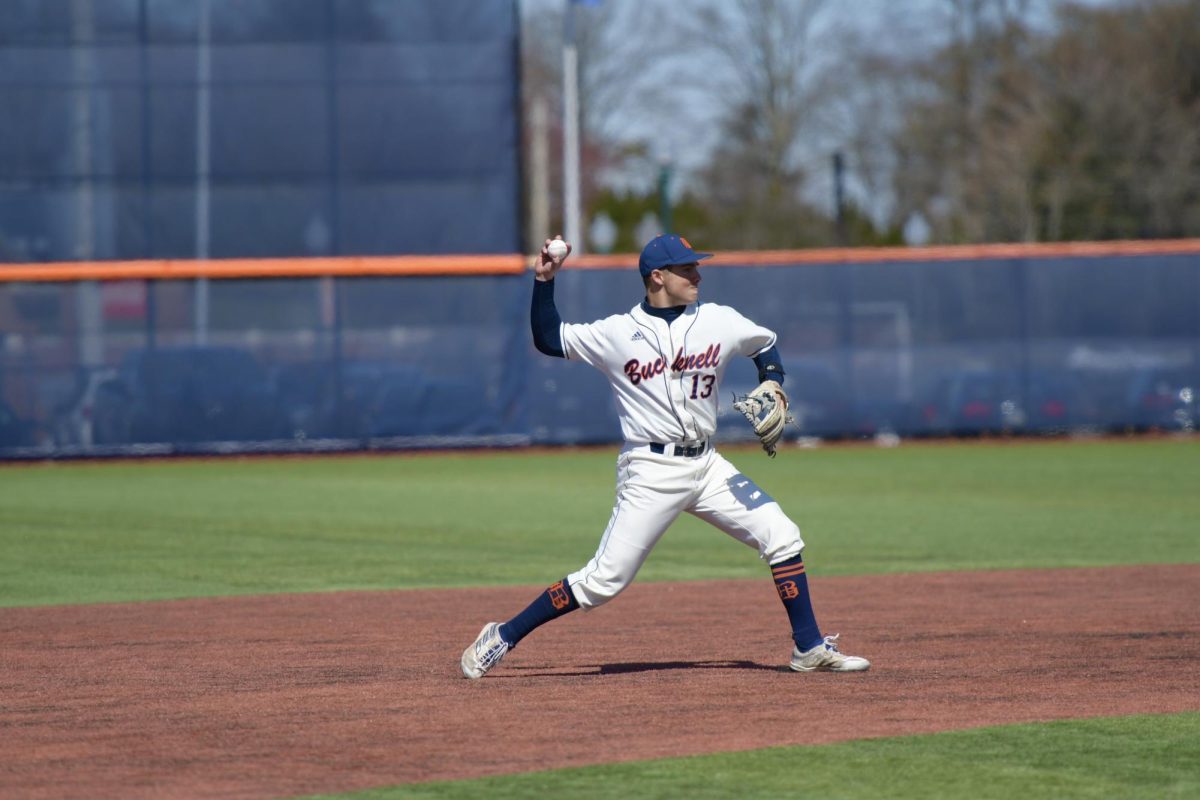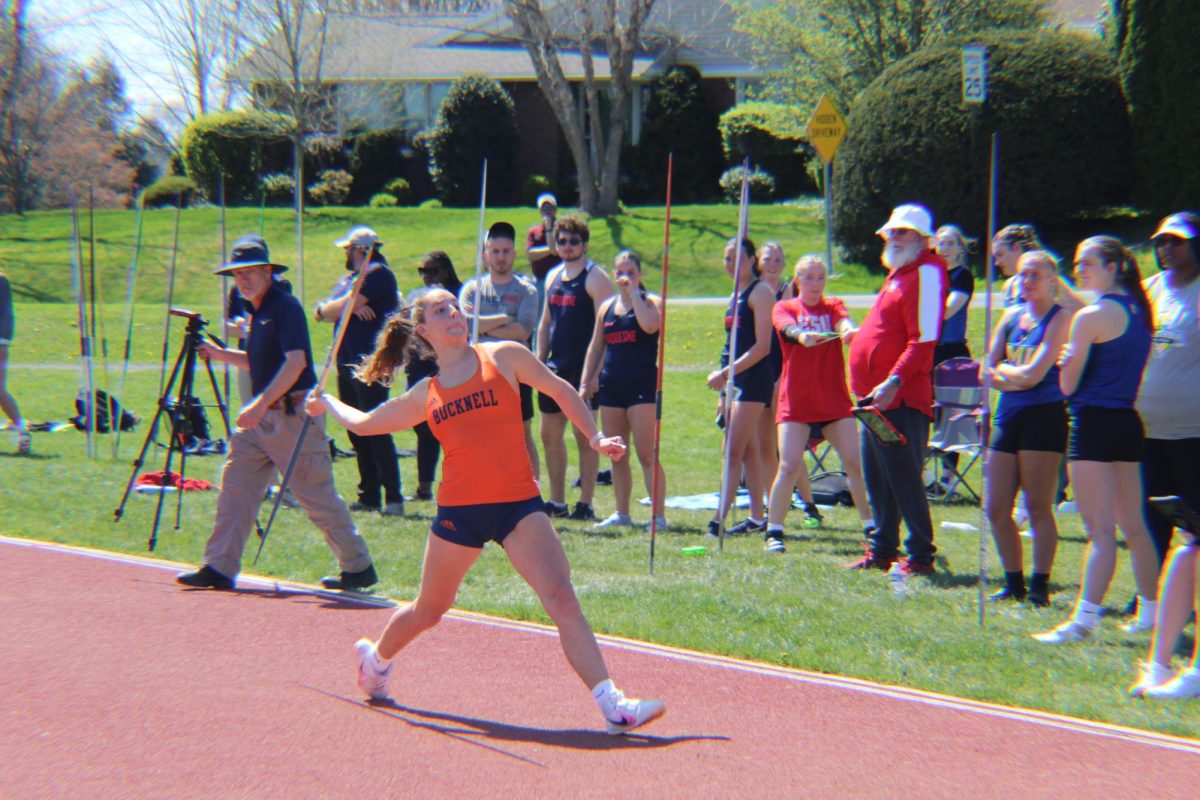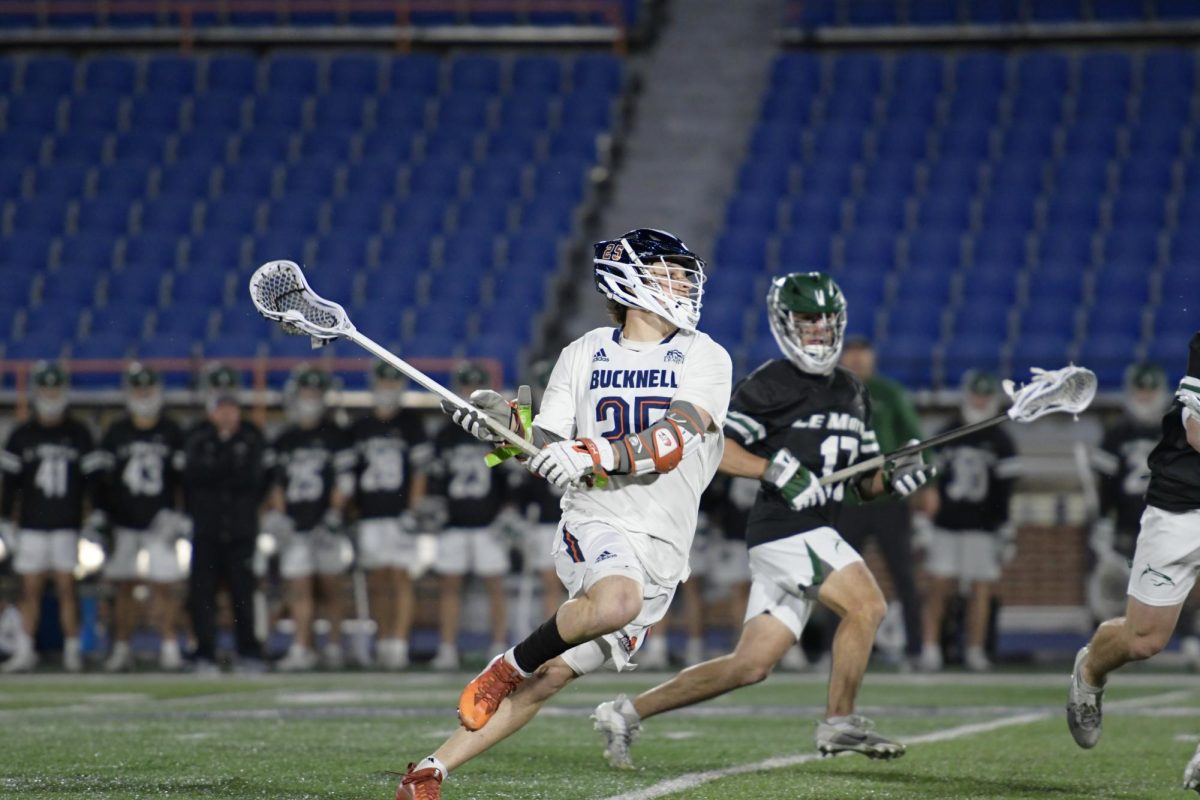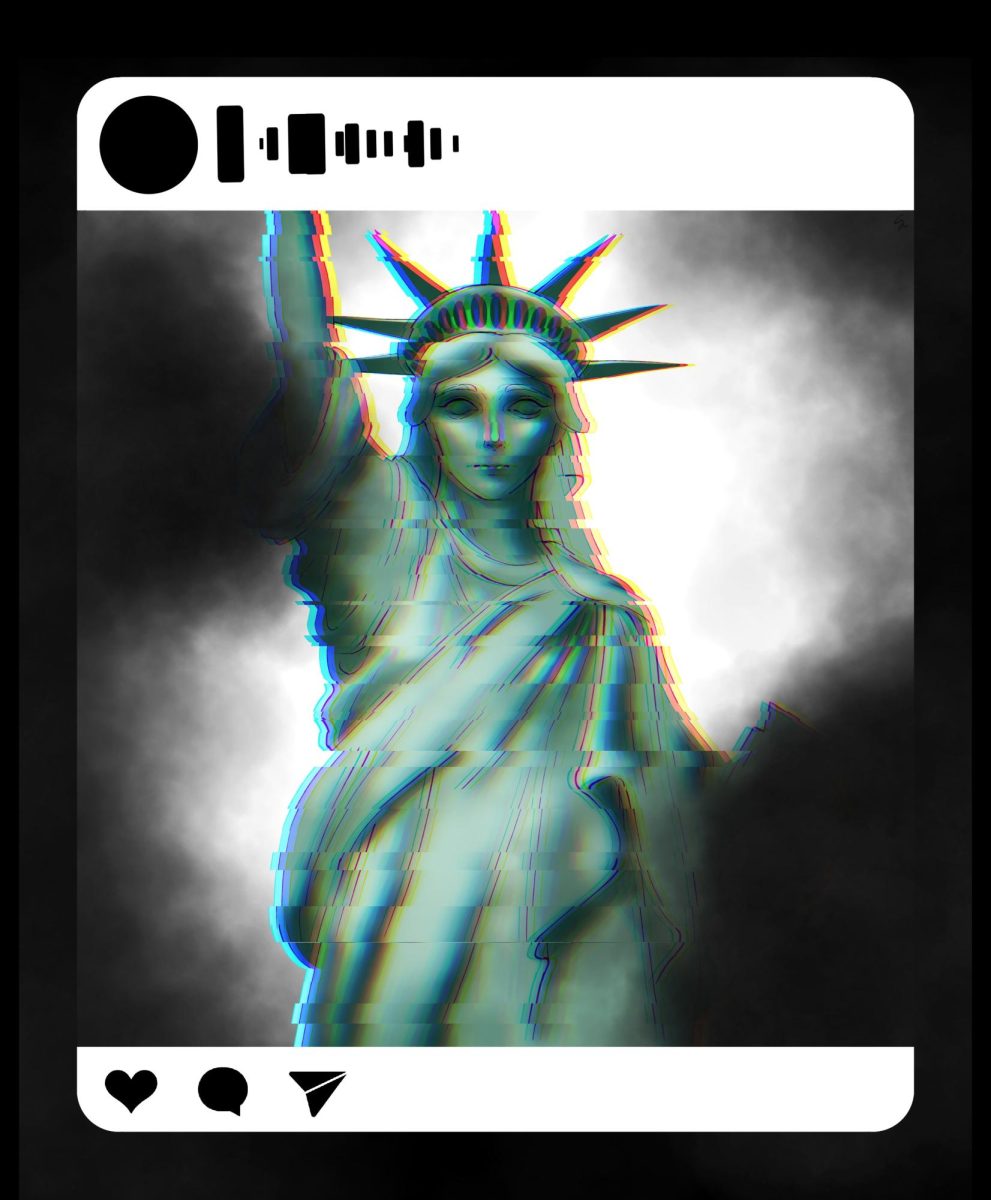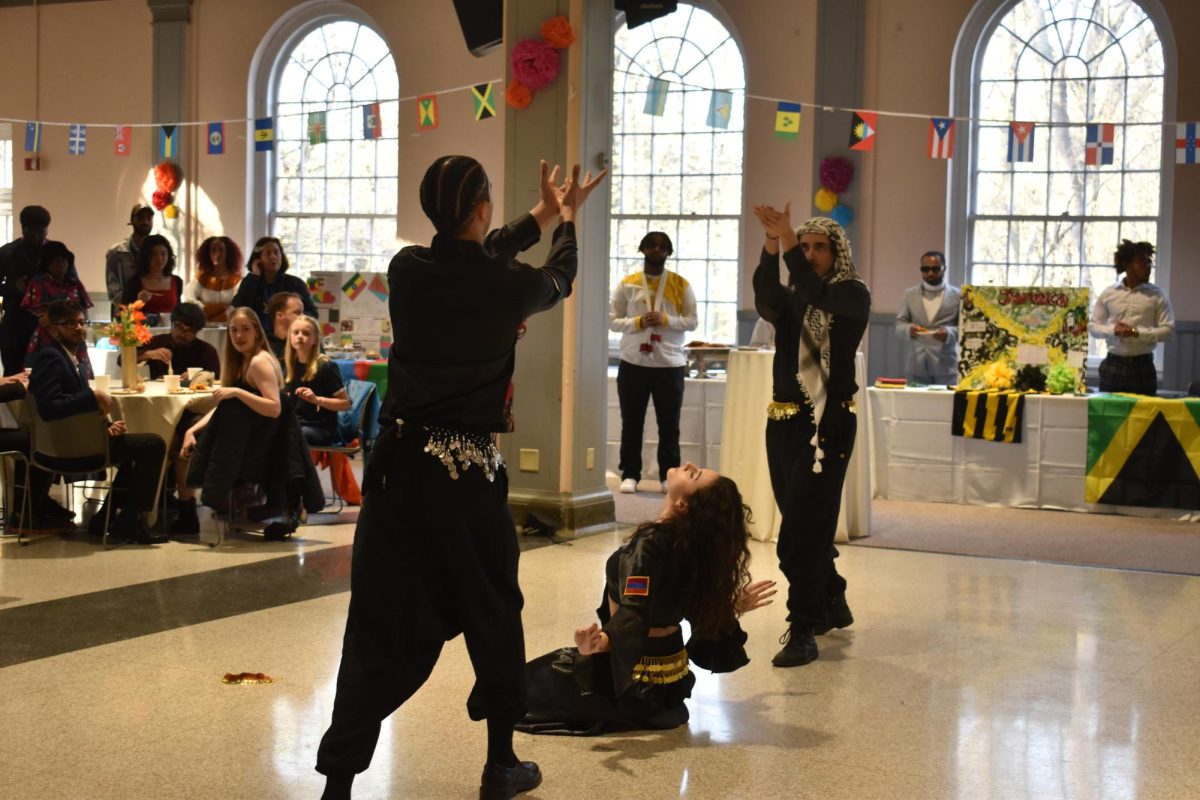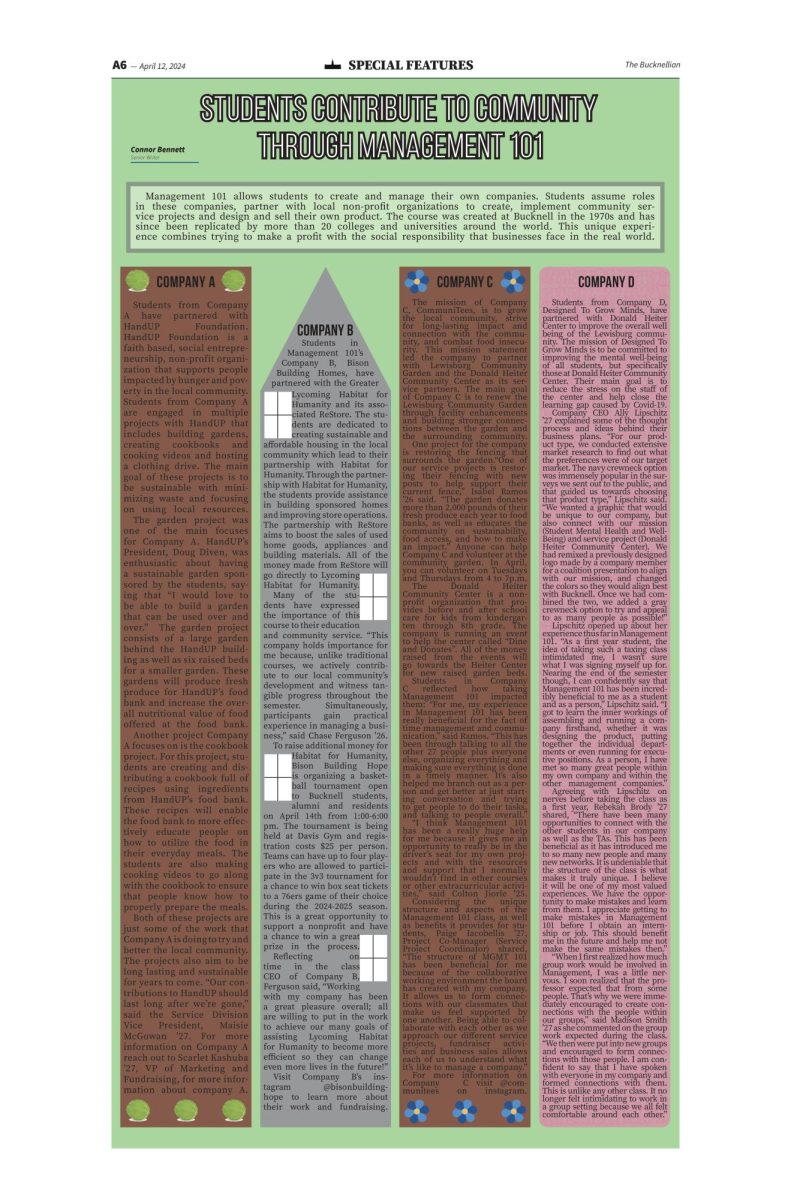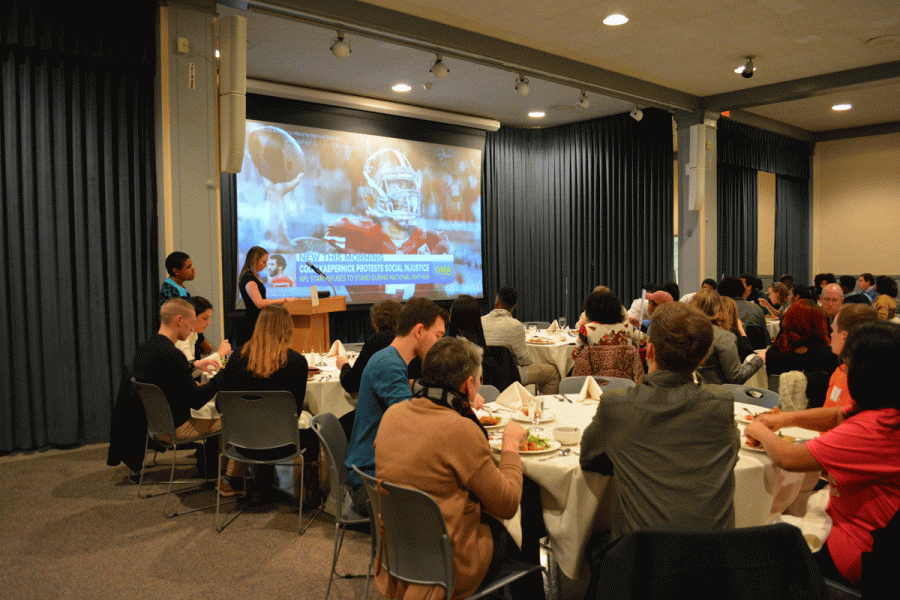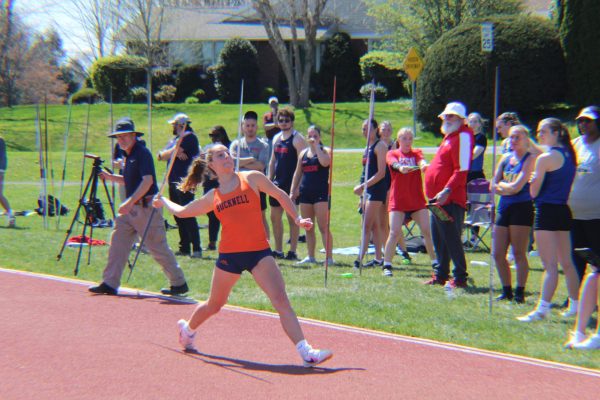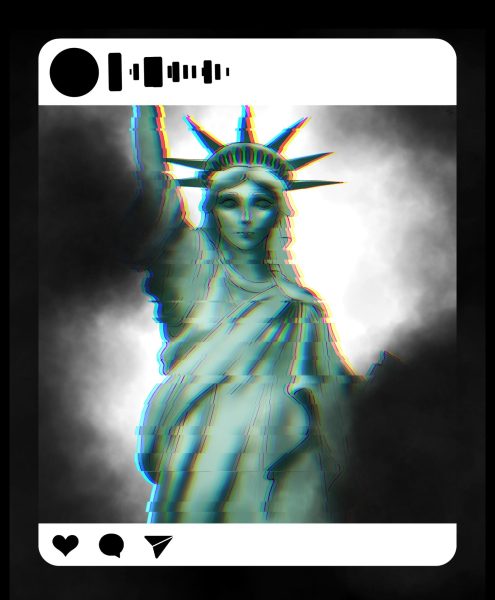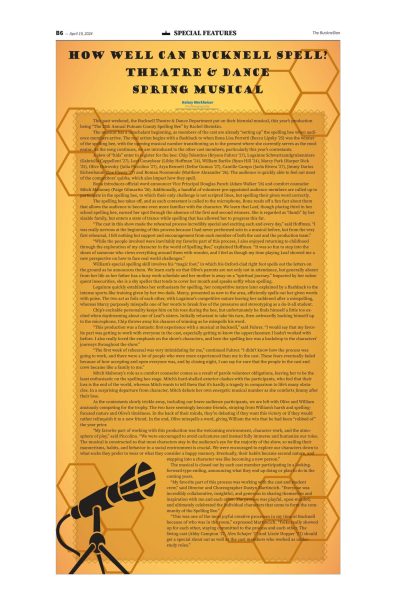Final community dinner of the semester seeks to teach students to use privilege for social change
April 21, 2017
Multicultural Student Services (MSS) hosted a community dinner titled “Actually … It IS All About You!” on April 19 in Walls Lounge, where attendees discussed diversity, privilege, and identity, as well as how University students can grapple with blame and guilt. The dinner was the last of the monthly series for the 2016-17 academic year.
Directed by Rosalie Rodriguez, MSS is an office on campus that supports students from racially underrepresented groups and provides cultural learning opportunities for the entire community. The goal of MSS is to foster a climate on campus that shares understanding and respect for all cultures.
The dinner was run by MSS student ambassadors, a group of volunteers who represent the Office of MSS at events focused on attracting prospective students from underrepresented groups on campus.
When the MSS ambassadors originally met to decide on the theme for this month’s community dinner, they immediately addressed the fact that the same group of people usually attend diversity events on campus.
MSS “wanted to host a community dinner where the kinds of Bucknellians that usually don’t come actually attend,” Jahi Omari ’17 said.
Omari also said that a reason the ambassadors thought University students don’t attend discussions about racism, sexism, and classism is because they feel unaffected by the issues discussed and that they will be blamed for the injustices that exist. The ambassadors wanted to center the dinner discussion on how societal oppression positively and negatively impacts those with privileged identities.
The ambassadors “want people to know that they aren’t morally blameworthy for their privilege, but they are morally responsible to learn about their privilege and use it to bring about change,” Omari said.
“The topic of the dinner is really important to me because I’m always trying to understand why we see that same faces at campus events about diversity,” Anushikha Sharma ’18.
At the dinner, community members split into groups that sat at different tables and engaged in conversation in response to prompts created by the MSS ambassadors. The prompts focused on the responsibilities of those in privileged social identity categories and the role that privilege plays in conversation about oppression.
Although MSS ambassador Nathand Carter ’19 was disappointed with the attendance at the dinner, he was happy with the quality of conversation at the event.
“I feel that those who were in attendance [at the dinner] who don’t usually appear were empowered to continue the conversations had, and for that, I think the dinner was very successful,” Carter said.
The President’s Diversity Council is looking for groups on campus to host next year’s series of community dinners on topics relating to diversity. Reach out to Diversity & Inclusion Fellow Dr. Carmen Henne-Ochoa for more information.
